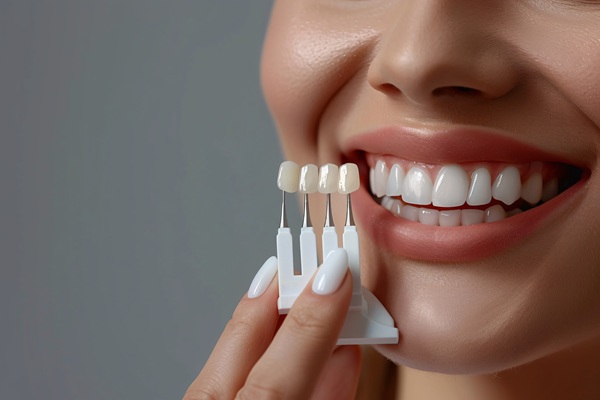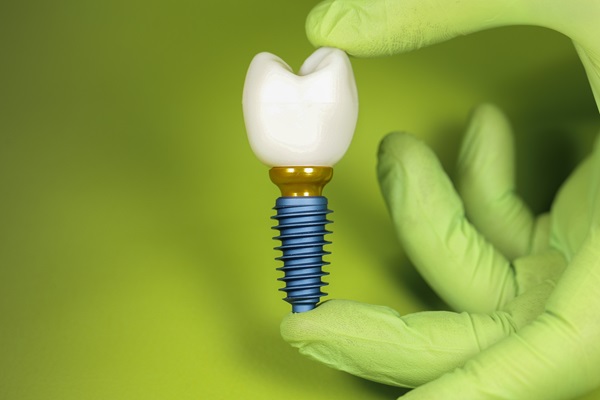 Dental crowns are a common restorative treatment used to address various problems with the teeth. They offer a lot of benefits, however, with all treatments comes the possibility of being affected by the negative aspects. Continue reading to learn more.
Dental crowns are a common restorative treatment used to address various problems with the teeth. They offer a lot of benefits, however, with all treatments comes the possibility of being affected by the negative aspects. Continue reading to learn more.
An overview of the pros and cons of dental crowns
Outlined below are some of the pros and cons of dental crowns. Having an understanding of this information ahead of getting the procedure done may be helpful in determining if it is the most suitable route.
The pros
There are actually many positive aspects to dental crowns; here is a list of the advantages of dental crowns:
Options: With dental crowns, there are a lot of different options. For example, one can opt for a crown made of gold, metal alloy, porcelain, or composite resin. Gold crowns tend to be the most durable, however, they are not discreet. Metal alloy implants are the most budget-friendly, but they are not as strong as gold and they are also visible in the mouth. Porcelain dental crowns are the most esthetically-pleasing but can be the most costly. Lastly, composite resin crowns are typically the most affordable, but they are not very strong and tend to be used in temporary situations, such as until a permanent fixture is ready or for children who are preparing to lose a tooth.
Long-lasting: Another pro of dental crowns is that they tend to last longer than other restorative options, such as fillings, sealants, or inlays and onlays.
Coverage: Unlike the other restorative options listed above, dental crowns do cap the entire tooth, which means it covers more surface area. The more coverage there is, the likelihood of the crown lasting longer is much higher.
Versatility: Dental crowns can address a number of issues, ranging from restoring teeth that are decayed to covering severe stains. Because crowns have the ability to cover the entire tooth, they can address many more problems than other restorations.
The cons
While dental crowns do have a lot of positives, with all things come a few downfalls. Below are a few factors that may be viewed as the cons to dental crowns:
Timing: There are typically two appointments involved in the dental crown process. This restoration does have to be custom-created in a lab, which can take up to two weeks to produce. Some dental offices do offer same-day crowns, which are designed and manufactured directly in the dentist's office on a specialized machine.
Comfort: When getting a dental crown placed, some have reported that there is some slight discomfort. This can be uncomfortable, but there are numbing agents that can be used to reduce the intensity of the discomfort.
The bottom line
Those that still have questions or concerns about dental crowns should consult directly with a dentist. There may be patient-specific pros and cons, which can be determined during an evaluation. To schedule a consultation appointment, reach out to our dental office today.
Request an appointment or call Dental Partners Dickson at 615-931-4088 for an appointment in our Dickson office.
Related Posts
A general dentist helps patients prevent oral health concerns before they become problems. A dental checkup is the key way they achieve this. However, there are other preventive dental services that general dentists offer to boost oral health for patients of all ages.Preventive dental services focus on maintaining oral health and avoiding the development of…
Teeth whitening treatments can help you achieve the bright smile you have always wanted. Dentists have two main options they offer patients regarding whitening their teeth: professional teeth whitening and at-home whitening kits. Professional teeth bleaching treatments can be broken down into conventional and laser whitening treatments.These two teeth-whitening alternatives use peroxide-based chemicals as bleaching…
Considering dental crowns? Read on to learn more about this restoration option. Dental crowns can address a number of issues, ranging from cavity treatment to stain coverage. However, despite being a common and successful treatment, there are a few factors to consider ahead of time.Below is a quick rundown of what to know before getting…


